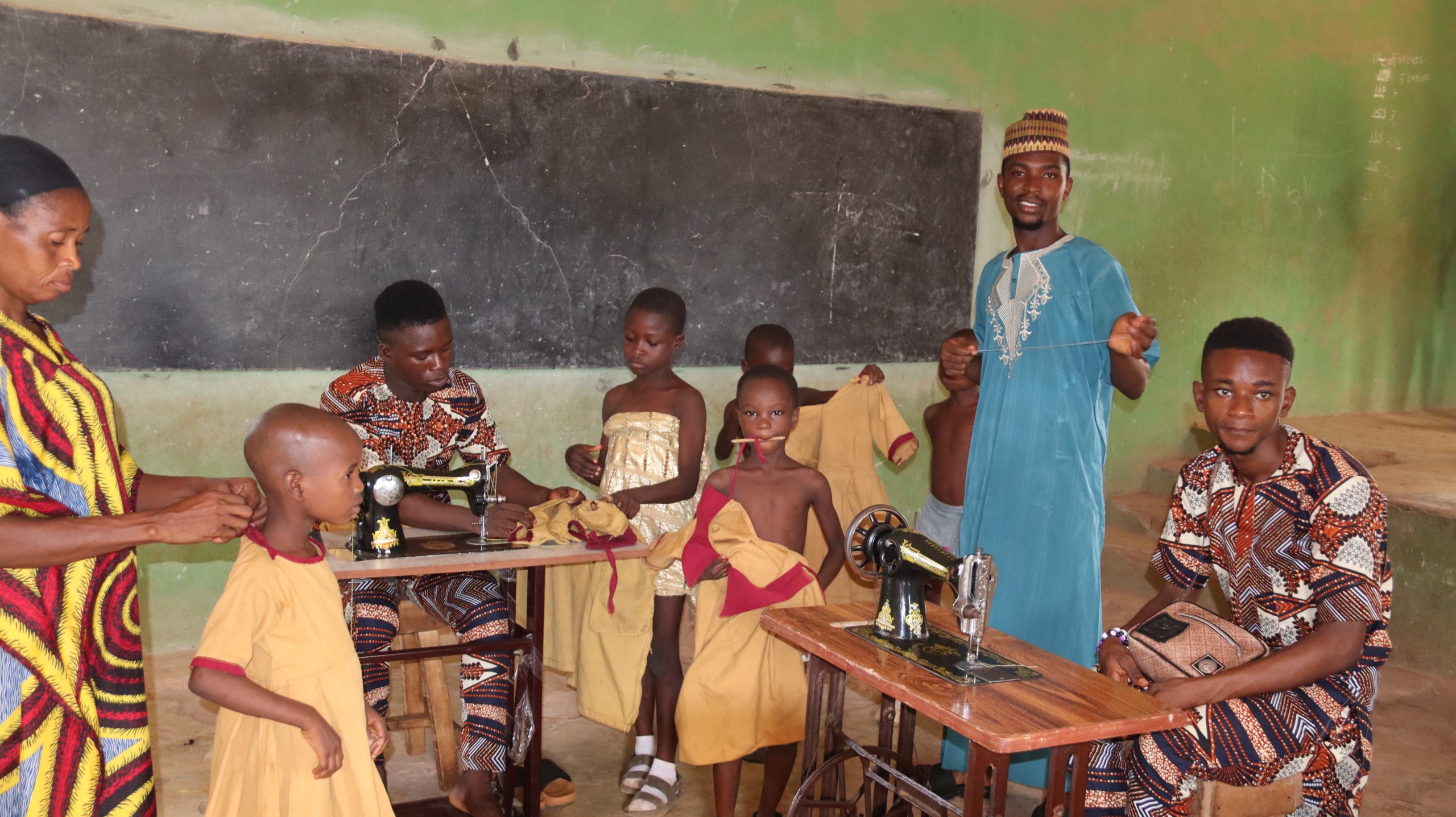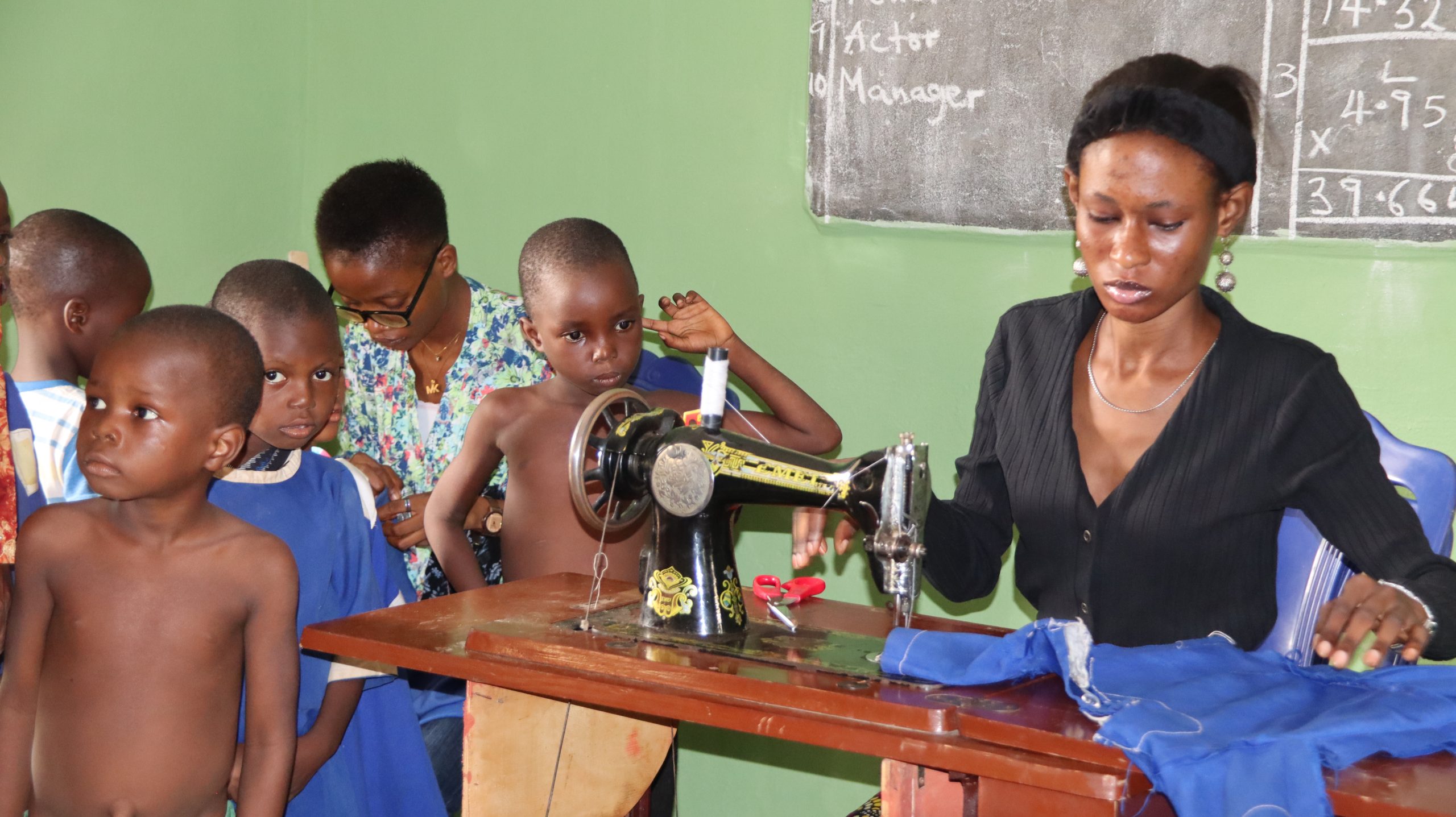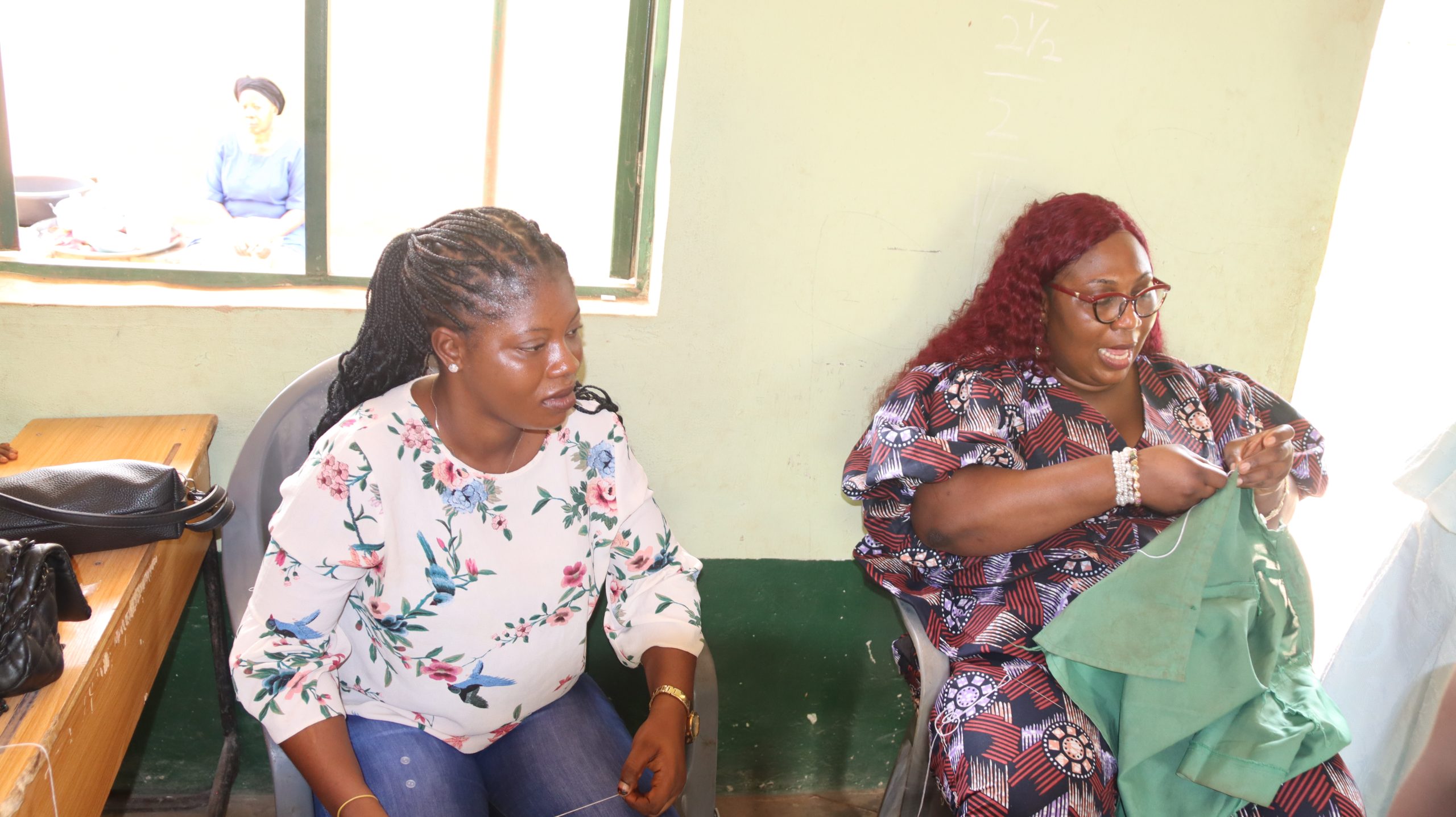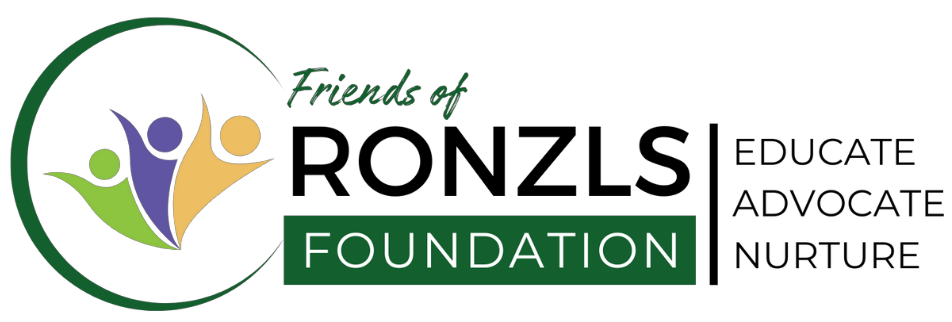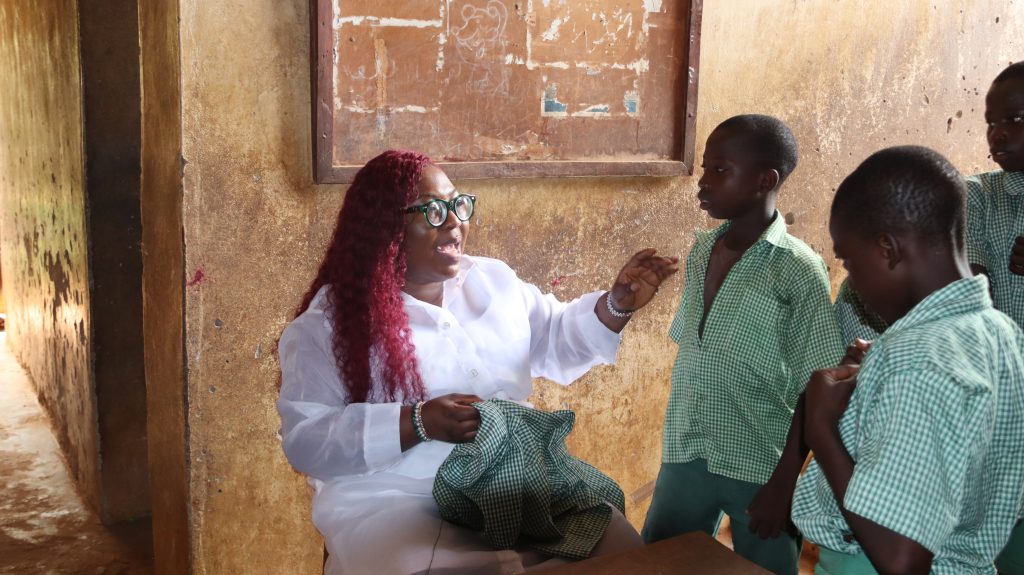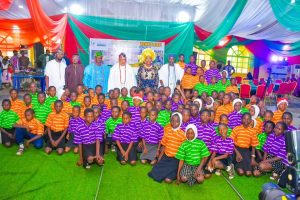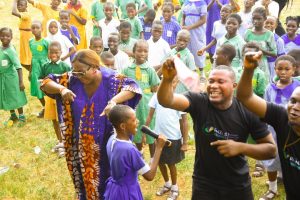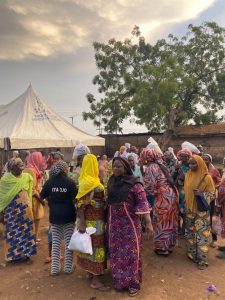In the heart of Sagamu, Nigeria, where education is a beacon of hope for many, a silent struggle often goes unnoticed. It’s the plight of pupils whose worn-out uniforms not only hamper their confidence but also serve as a tangible barrier to their learning journey. Recognizing this issue, the Friends of Ronzl Foundation embarked on a transformative mission with their Uniform Amendment Project, which took place from Monday, April 29th, 2024, to Friday, May 3rd, 2024.
The essence of this noble endeavor was simple yet profound: to mend the tattered uniforms that connect these pupils to their education and future aspirations. The initiative targeted selected government primary schools in Sagamu, where the need was most acute.
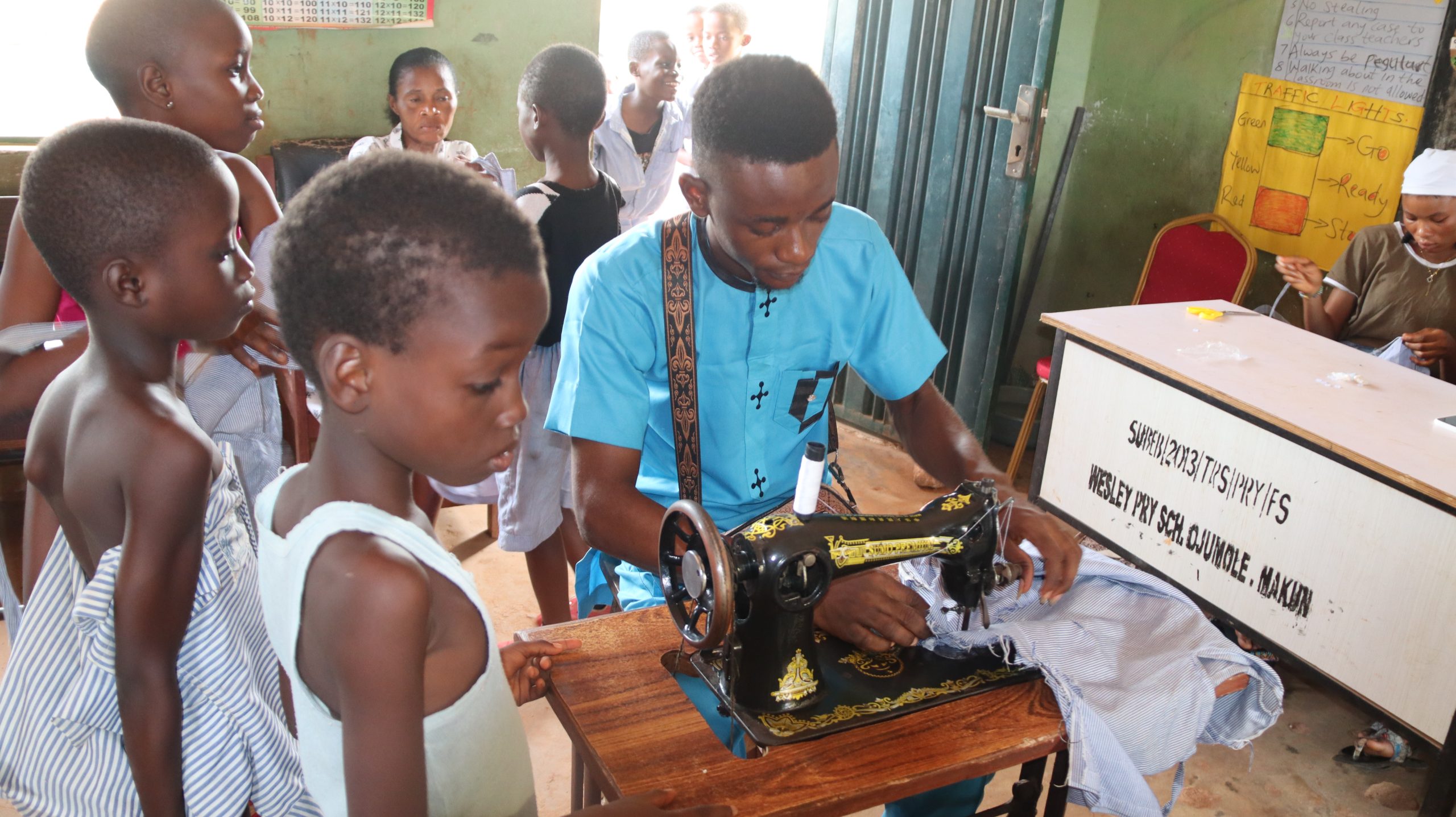
The program’s modus operandi was both pragmatic and compassionate. Tailors, armed with their sewing machines, descended upon each school to address the sartorial challenges faced by the pupils. Led by the indefatigable Founder, Ola Sulaimon, and a dedicated team, the mission was not just about stitching fabrics; it was about weaving together threads of hope, dignity, and opportunity.
At the heart of the initiative was the belief that no child should be hindered in their pursuit of knowledge due to something as basic as a uniform. The schools that benefited from this impactful program read like a roll call of commitment to educational equity: St. Paul Primary School, Offin; Alagbo, United African Methodist School (UAMC), Eleja, Baruwa; St. Columciles Catholic Nursery and Primary School, Offin; St. Paul Primary School, Ayepe Road; Wesley Primary School, Ojumele; Wesley Primary School ii, Oko; AUD Primary School, Makun; African Church Primary School, Ijoku.
But the project went beyond mere mending. It was a holistic intervention aimed at restoring not just garments but also dignity. Learners with uniforms in a state of disrepair were noted for replacement with new ones. This gesture went beyond mere material assistance; it conveyed a message of value and worth to each child.
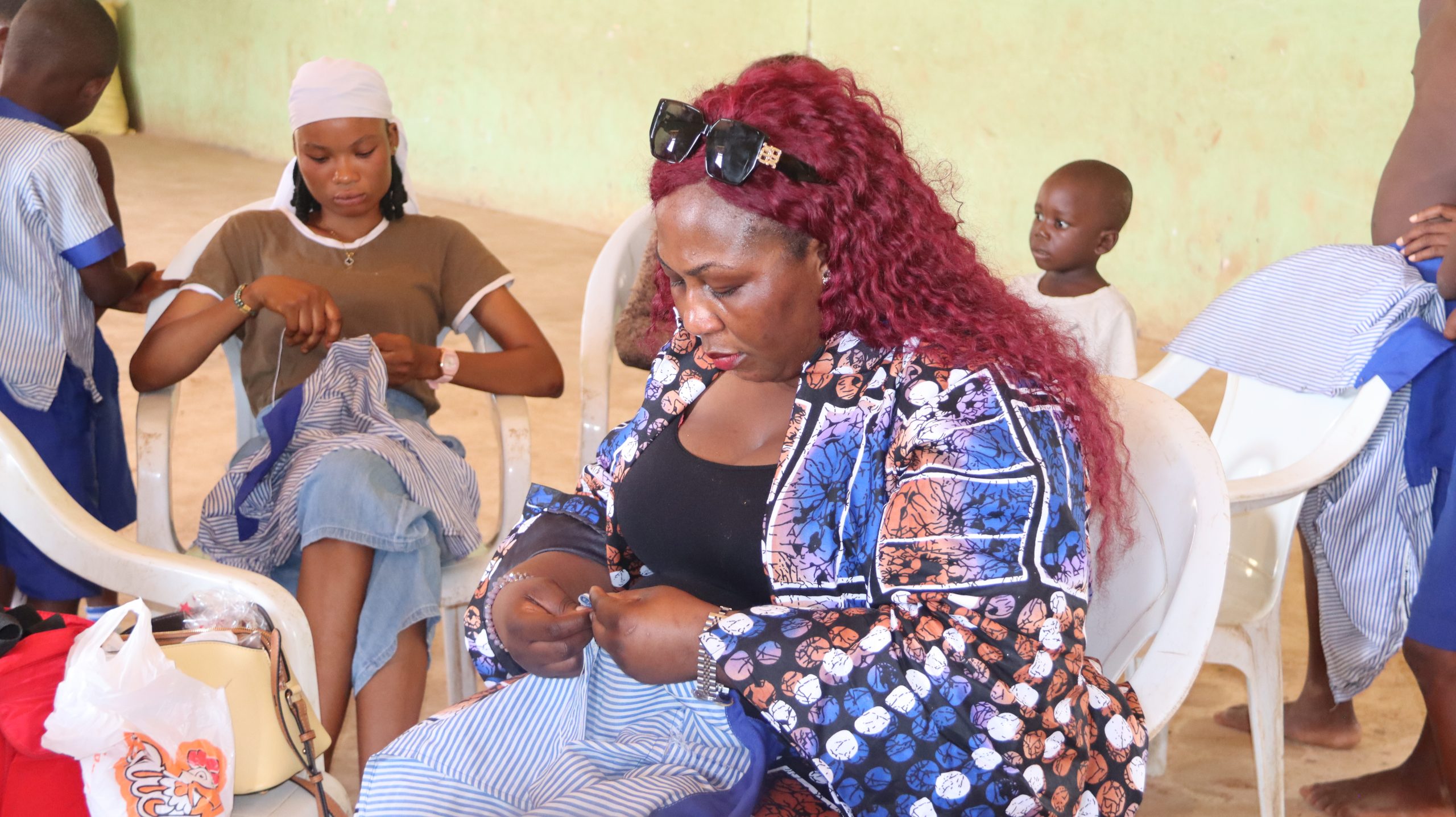
The significance of such initiatives cannot be overstated. By addressing the issue of worn-out uniforms, the Uniform Amendment Project aimed to enhance the overall learning environment. A child’s confidence and sense of self-worth are intricately linked to how they perceive themselves within their educational setting. By ensuring that pupils have uniforms they can take pride in, the project aimed to foster a positive atmosphere conducive to learning and growth.
Moreover, the program championed the principle of equality. In a world where disparities often dictate destinies, providing all pupils with the same opportunity to present themselves with dignity is a step towards leveling the playing field.
In the end, the Uniform Amendment Project wasn’t just about fixing clothes; it was about mending futures. It was a testament to the power of collective action in transforming communities and shaping lives. As the threads of each uniform were carefully stitched back together, so too were the hopes and dreams of the pupils of Sagamu.

